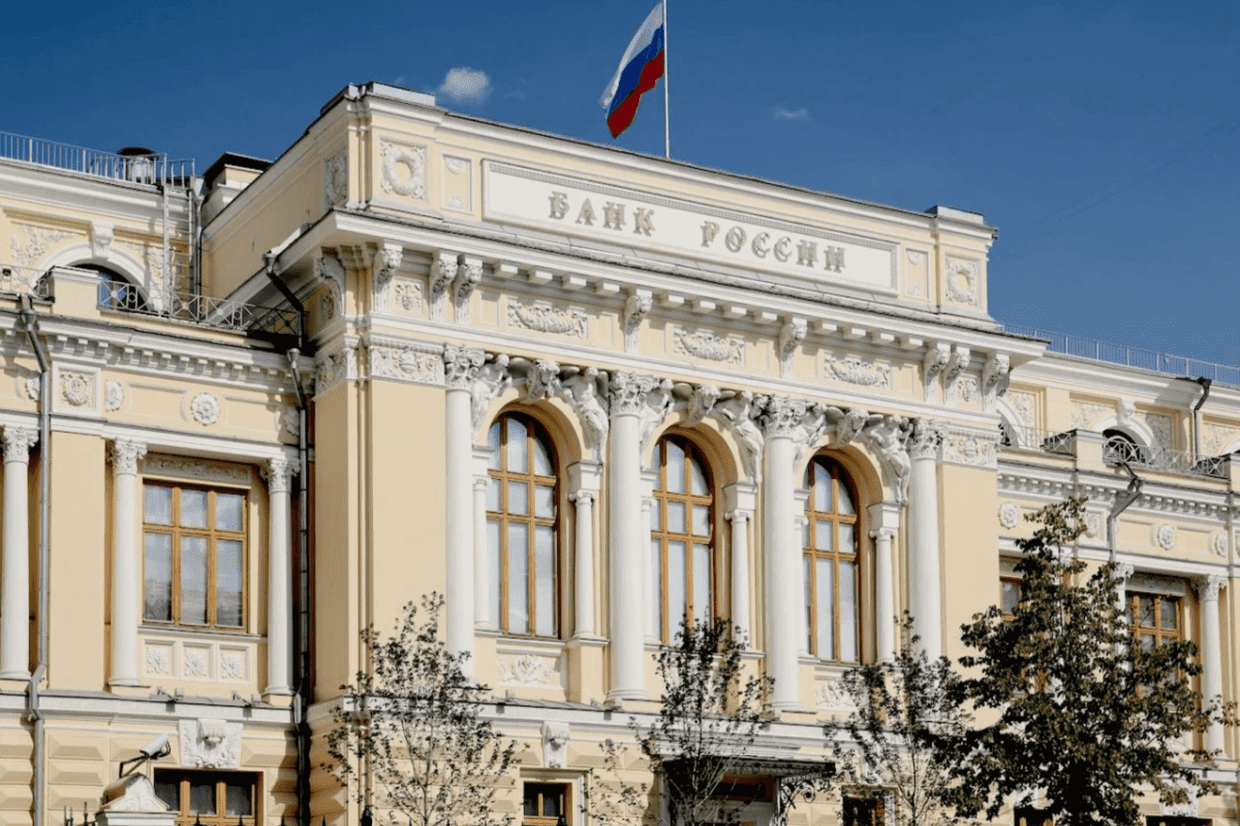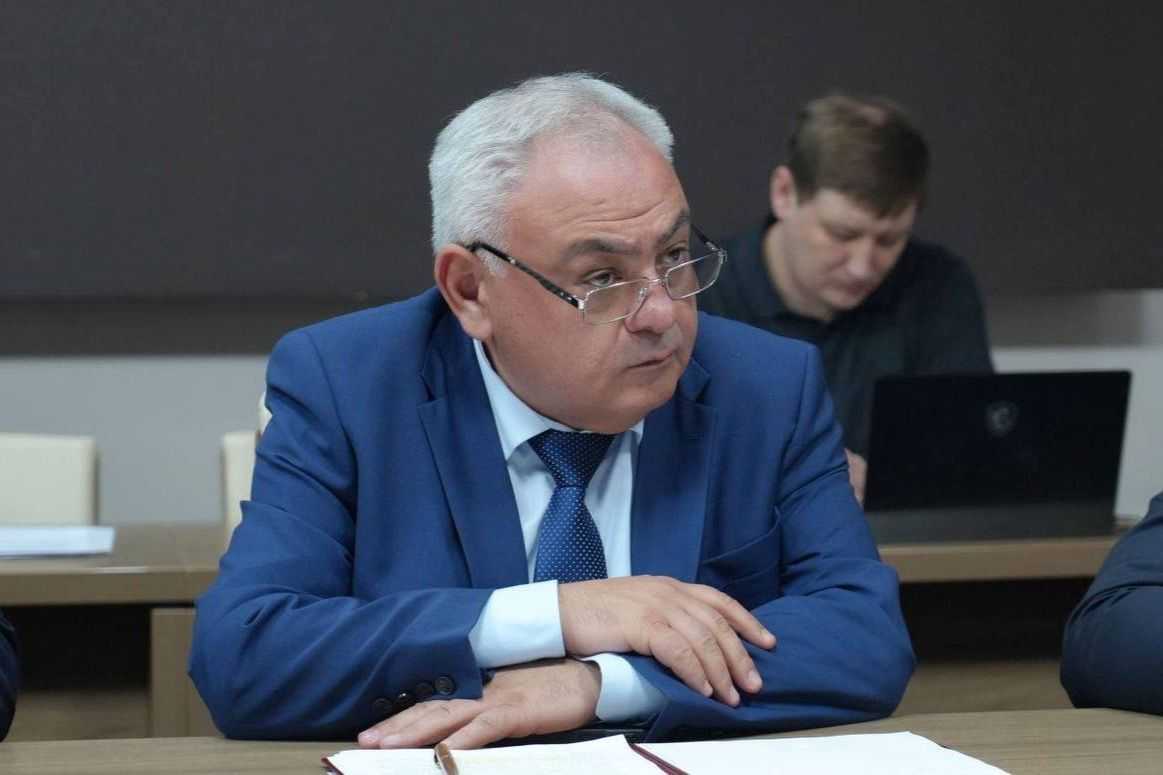
Officials in North Ossetia have been instructed to conduct all official correspondence exclusively through the Russian messaging app Max, which federal authorities are promoting as part of the country's ‘digital sovereignty’ policy. The announcement followed the selective blocking of Telegram and WhatsApp throughout Russia.
The instructions were announced by Daniil Gakhov, head of North Ossetia’s Digital Development Committee, at a press conference.
According to Gakhov, by order of the regional head Sergei Menyailo, a working group has been set up to introduce Max into government agencies. He additionally stated that all work-related communication in foreign services must be excluded, alleging that foreign services are under the jurisdiction of other states ‘not always friendly’ to Russia.
On 4 June, Russian President Vladimir Putin instructed the federal government to ‘purposefully organise work’ to support Max. On 18 June, Krasnodar city administration head Yevgeny Naumov announced that municipal officials were switching to Max, and the following day the same decision was made by Novosibirsk Mayor Maksim Kudryavtsev.
At the end of July, the business daily Vedomosti reported, citing a source, that the Ministry of Digital Development had recommended governors, members of regional governments, senators, MPs, mayors, and other officials to install and use Max for work purposes.
At the federal level there is no legal ban on officials using foreign messaging apps, but in June, the parliament approved a law ‘On combining the functionality of domestic digital services’. According to the document, the Russian government will determine the organisation responsible for launching a unified national information exchange service, which is planned to integrate messaging, document storage, banking and state services.
Since the beginning of August, users of WhatsApp and Telegram in Russia have reported failures when making calls. The newspaper Kommersant, citing telecom industry sources, wrote that from 1 August operators had been testing selective blocking of voice calls in these messengers.
In the North Caucasus, mobile internet problems have previously been recorded, linked to the use of electronic warfare systems against drones. Authorities in North Ossetia and Daghestan have acknowledged using jamming equipment, including for mobile communications.
Max is a Russian-developed service, and critics have warned it could pass user data to state bodies. In May, the Russian independent media outlet Takie dela reported, citing technical specialists, that the application was integrated with services controlled by state-owned telecom operators. The Ministry of Digital Development and Max developers have said that transferring data to third parties without legal grounds is impossible, but no independent technical audits had been conducted at the time of publication.
According to the Russian communications regulator (Roskomnadzor), Max was developed under an import substitution programme for foreign digital services. Authorities state this would ‘increase the security of communications’ and ‘reduce the risk of data leaks’.












